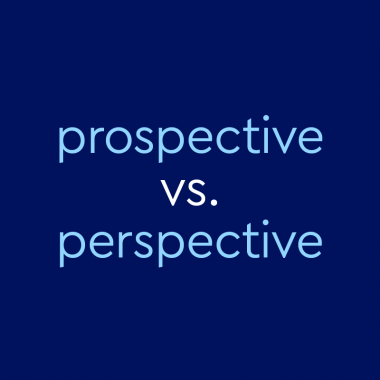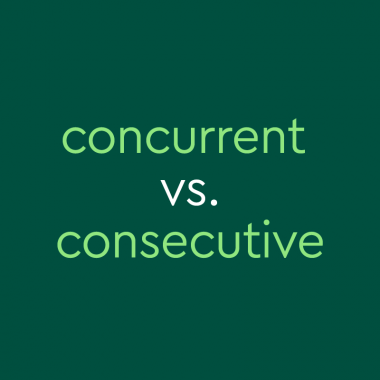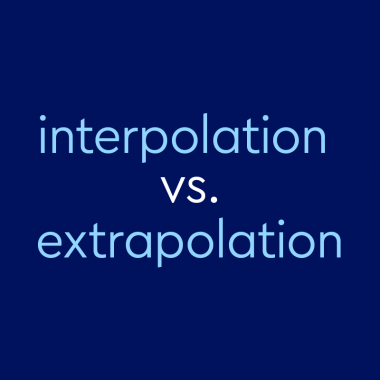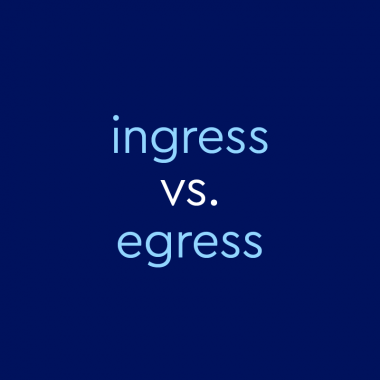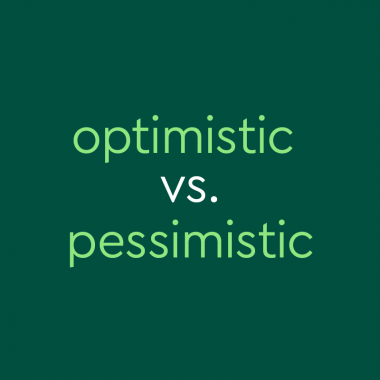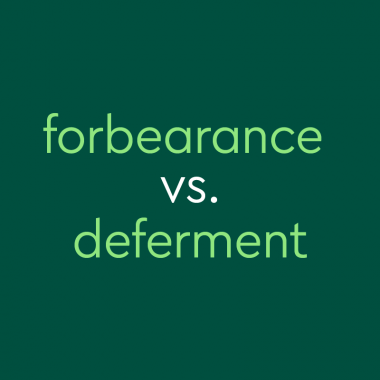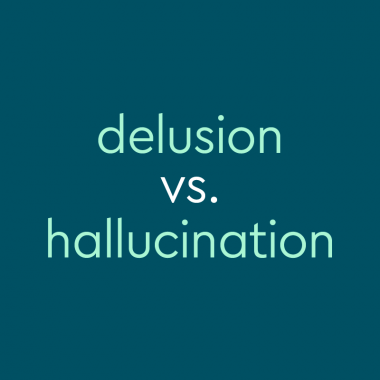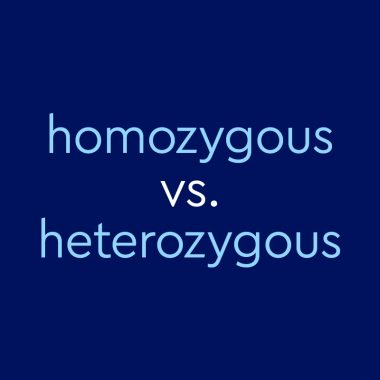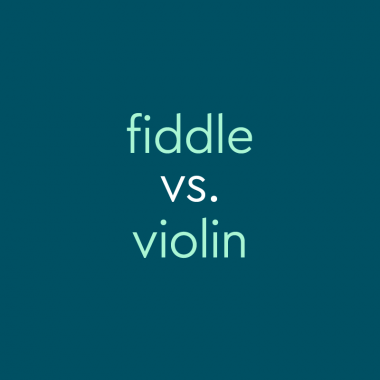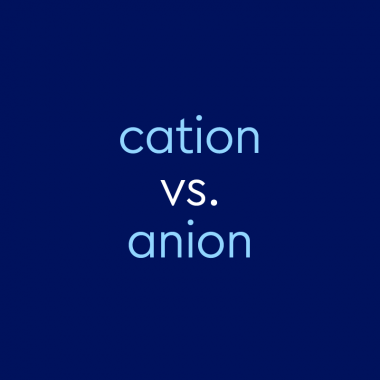“Prospective” vs. “Perspective”: Get The Best View On The Difference
The difference between prospective and perspective is all in how you look at it. Prospective is used in the context of looking ahead to what might happen in the future. Perspective is used in the context of viewpoints or the position from which something is viewed. The difference can be confusing, especially since they sound so much alike. We’ll break down the difference in meaning, …
